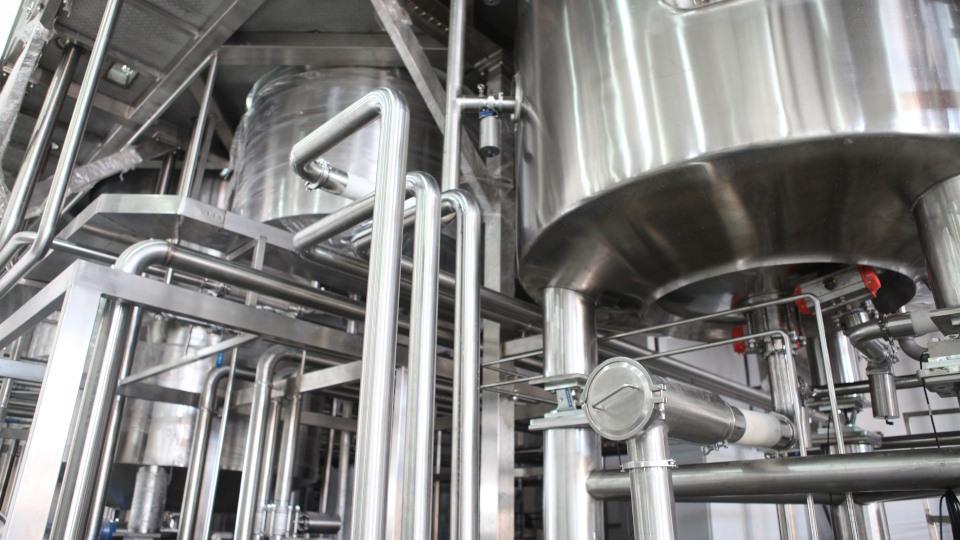Lilly to invest $2.5bn for obesity, diabetes drug production

Eli Lilly has followed Novo Nordisk in announcing a big investment in its manufacturing network, intended to meet anticipated strong future demand for diabetes and obesity drugs.
The pharma group confirmed it is planning to spend $2.5 billion on a new facility in Alzey, Germany, that will be used to produce injectable drugs and devices, supporting products like GLP-1 agonist Trulicity (dulaglutide) and dual GIP/GLP-1 agonist Mounjaro (tirzepatide) for diabetes, as well as newly-approved obesity therapy Zepbound (tirzepatide).
In common with Novo Nordisk’s semaglutide-based diabetes and obesity therapies – respectively Ozempic and Wegovy – Lilly has faced burgeoning demand for its therapies, despite which is outstripping its supply capacity. The latest investment decision follows Novo Nordisk’s announcement earlier this month of a $6 billion investment in manufacturing capacity centred on a site in Denmark.
Trulicity sales were $5.46 billion in the first nine months of 2023 - a slight decline on the same period of 2022 that Lilly said was down to shortages, as well as increased competition in the market. Mounjaro, meanwhile, surged to nearly $3 billion from around $200 million in the year-earlier period, with “tight” supplies of the drug, particularly outside the US.
All the drugs have become keenly sought-after for their abilities to help people taking them lose weight, and their popularity has raised expectations that the market for them could become massive, and impose a heavy burden on health systems.
Analysts at JP Morgan recently doubled their predictions for the class to $71 billion within the next 10 years, with Novo Nordisk and Lilly taking 45% apiece amid a “paradigm shift” in the way that obesity and cardiovascular disease are managed with a “weight-centric” treatment approach.
Lilly said in its third-quarter results update that it plans to double its capacity for producing the autoinjector devices used in the products before the end of the year, with investment projects ongoing in North Carolina and Indiana in the US. The new facility in Germany is preparing for the future, however, as it will become operational in 2027, according to current timeline projections.
Once up and running, the Alzey plant is expected to employ around 1,000 highly skilled workers, such as engineers, operators, and scientists, with another 1,900 employed during the construction phase, which is due to start next year.
Lilly said its investment in Alzey is contingent upon the finalisation of government and local approvals. Germany’s vice chancellor and federal minister for economic affairs and climate action, Dr Robert Habeck, has already endorsed the plan, saying it “shows the confidence of companies in the attractiveness of Germany as a pharmaceutical and industrial location.”
The pharma group also announced an investment of up to $100 million to increase its footprint in Germany’s early-stage biotech ecosystem.
Image: E. Tinnacher via Wikimedia













